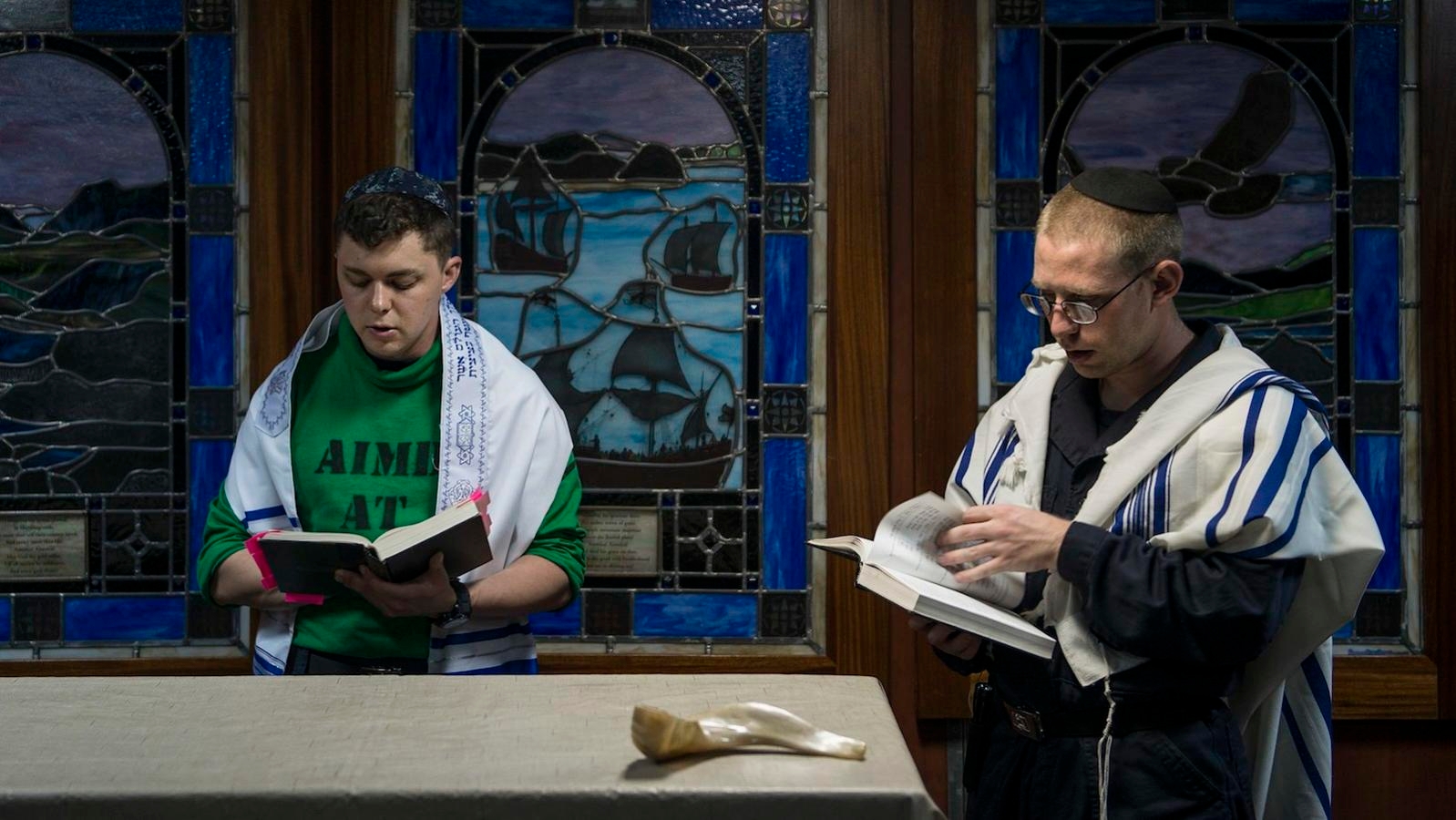One grand lesson of Rosh Hashanah is not that we have to be perfect, but that we are, and can continue to be, very good. It is sufficient if we strive to achieve our potential. It is only when we fail to be the fullness of who we are that we are held accountable.
Rabbi Zusya said, “In the world to come, they will not ask me, ‘Why were you not Moses?’ They will ask me, ‘Why were you not Zusya?'”
The language of our prayers imagines God as judge and king, sitting in the divine court on the divine throne of justice, reviewing our deeds. On a table before God lies a large book with many pages, as many pages as there are people in the world. Each of us has a page dedicated just to us. Written on that page, by our own hand, in our own writing, are all the things we have done during the past year. God considers those things, weighs the good against the bad, and then, as the prayers declare, decides “who shall live and who shall die.”
In order to make sense out of the conundrum of life and death, many Jews of old came to believe that death is a punishment for our sins. Others came to believe that death not only punishes–for what value lies therein?–but also atones for our wrongdoings. After the atonement, we greet the afterlife pure and cleansed, ready to enter the garden of Eden, paradise.
With your help, My Jewish Learning can provide endless opportunities for learning, connection and discovery.
This theology of punishment and atonement held sway for centuries and is preserved in much of our liturgy. It is easy to understand why, for that belief brings order and meaning to the world. People find it preferable to believe that we are responsible for own suffering than to imagine that suffering is random and meaningless. It is tempting to choose a world of guilt and punishment over a world of capriciousness, in which there is no apparent moral relationship between our actions and our suffering or our rewards.
Nonetheless, while classic rabbinic theology promotes belief in sin and punishment, it takes every opportunity to soften that belief. The best punishment is the one that is averted. That is, the goal of the theology of retribution is not to punish but to redirect. “I set before you life and death,” God says in the Torah, “therefore choose life” (Deuteronomy 30:19). That is why, according to the rabbis, the rules of God’s court are different from those of a worldly court. In a worldly court, the task is to discover the facts of the case and mete out justice. In God’s court, the task is to explore the goodness that dwells inside each person, and to help it grow.
Reprinted with permission from The Tapestry of Jewish Time: A Spiritual Guide to Holidays and Lifecycle Events
(Behrman House).
Rosh Hashanah
Pronounced: roshe hah-SHAH-nah, also roshe ha-shah-NAH, Origin: Hebrew, the Jewish new year.
Yom Kippur
Pronounced: yohm KIPP-er, also yohm kee-PORE, Origin: Hebrew, The Day of Atonement, the holiest day on the Jewish calendar and, with Rosh Hashanah, one of the High Holidays.



